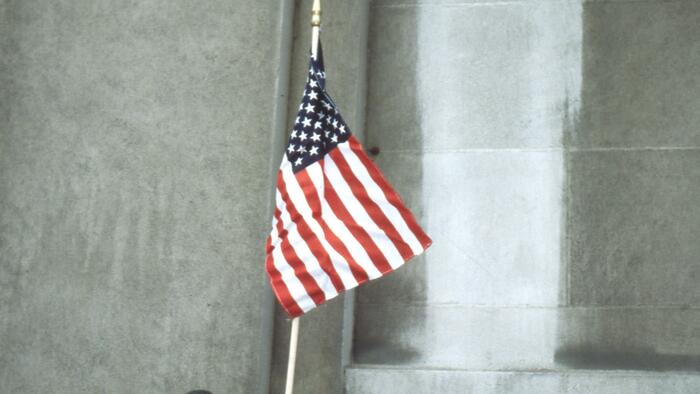In a politically charged prediction, Frank Miele asserts that Donald Trump will win the upcoming presidential election decisively, similar to the electoral sentiments expressed in 2016. Miele anticipates a significant and possibly tumultuous reaction from the progressive left, mirroring the chaos that ensued after Trump’s election in 2016. He highlights that Democrats, including key figures like Jamie Raskin, may resort to extreme measures such as labeling Trump an insurrectionist to block his inauguration. Miele identifies seven battleground states (Pennsylvania, Michigan, Wisconsin, North Carolina, Georgia, Nevada, and Arizona) as crucial to this electoral battle, yet he emphasizes that the dissatisfaction felt by the electorate, particularly among those who regret Biden’s presidency, will play a more decisive role in voter sentiment and turnout.
The commentary reflects on widespread doubts among the public regarding Biden’s legitimacy as president, with less than one-third of Republicans acknowledging the legitimacy of his victory and 36% of Americans expressing skepticism about the 2020 election integrity. According to Miele, these sentiments are critical as they shape voter perceptions and ultimately influence election outcomes. He notes a notable shift in public sentiment, with a majority believing the nation is on the wrong trajectory due to Biden’s policies, which he and others have portrayed as detrimental to American values and ideals.
Drawing on a past prediction made shortly before the 2020 election about Biden’s presidency, Miele recounts forecasting a swift and dramatic shift in power to Vice President Kamala Harris. Although that specific scenario did not materialize, Miele observes that the political landscape has turned sour under Biden, mirroring the fears expressed in his earlier satirical piece. He articulates feelings of disenchantment among Americans, highlighting several contemporary societal issues, such as immigration, sports equity, rising costs of living, and global conflicts, all attributed to the Biden administration. These perceptions, Miele argues, contribute to the potential for Trump’s success as he appears to resonate with the frustrations and aspirations of many voters.
Miele envisions a future under a second Trump presidency that could restore a sense of prosperity, security, and adherence to traditional values. He posits that the upcoming election holds significant implications for the nation’s direction, suggesting that Trump may embody the necessary leadership to unite and revitalize America. With echoes of John F. Kennedy’s call to action, Miele stresses that a collective aim to improve the nation should be paramount, implying a need for citizens to engage actively in shaping their country’s future, rather than relying solely on government intervention.
However, the piece does not shy away from acknowledging the potential upheaval should Harris assume the presidency instead. Miele expresses a deep concern for the implications of a Harris-led administration, framing it as a desperate situation that may require a reliance on faith and divine providence to navigate. This sentiment underscores a broader theme within the commentary: the necessity for the electorate to be vigilant and committed to the preservation of democratic values and constitutional fidelity, regardless of which candidate ultimately emerges victorious.
In conclusion, Miele’s commentary encapsulates a forecast of political tensions and transformations that could rapidly unfold in the United States. While he confidently anticipates a Trump victory, he also acknowledges the divisive atmosphere that may follow, filled with protests and intensified partisanship. Regardless of the outcome, Miele implores readers to embrace responsibility for their country’s future, imploring a hopeful yet wary outlook on the American political landscape. The stakes, he argues, are high, as they discern not only the immediate future of their leadership but the essence of what America stands for, entwined in the fabric of its democratic principles.

